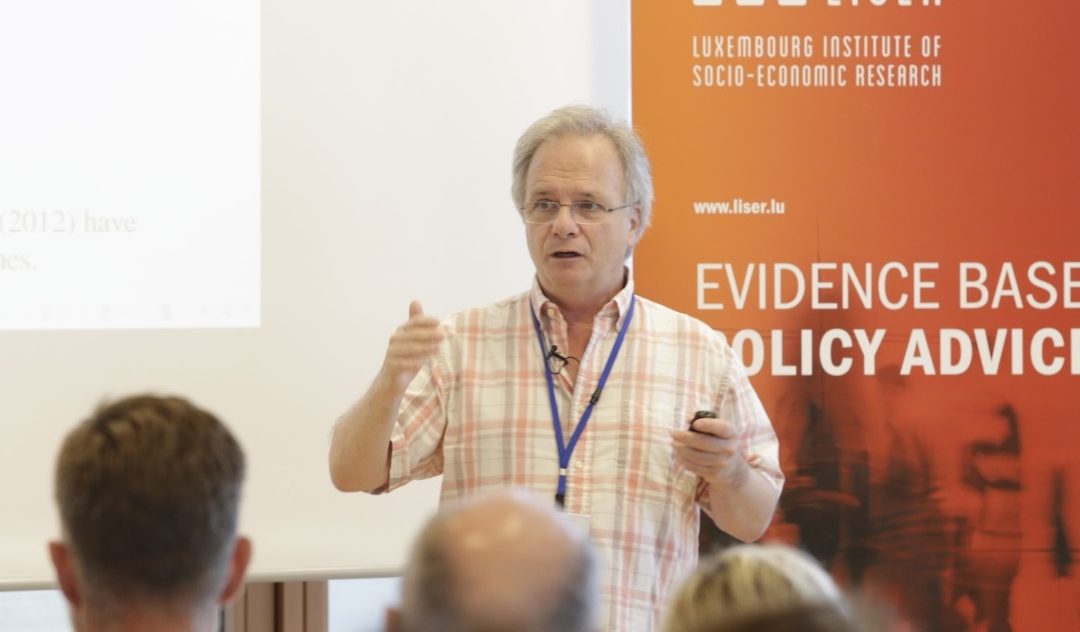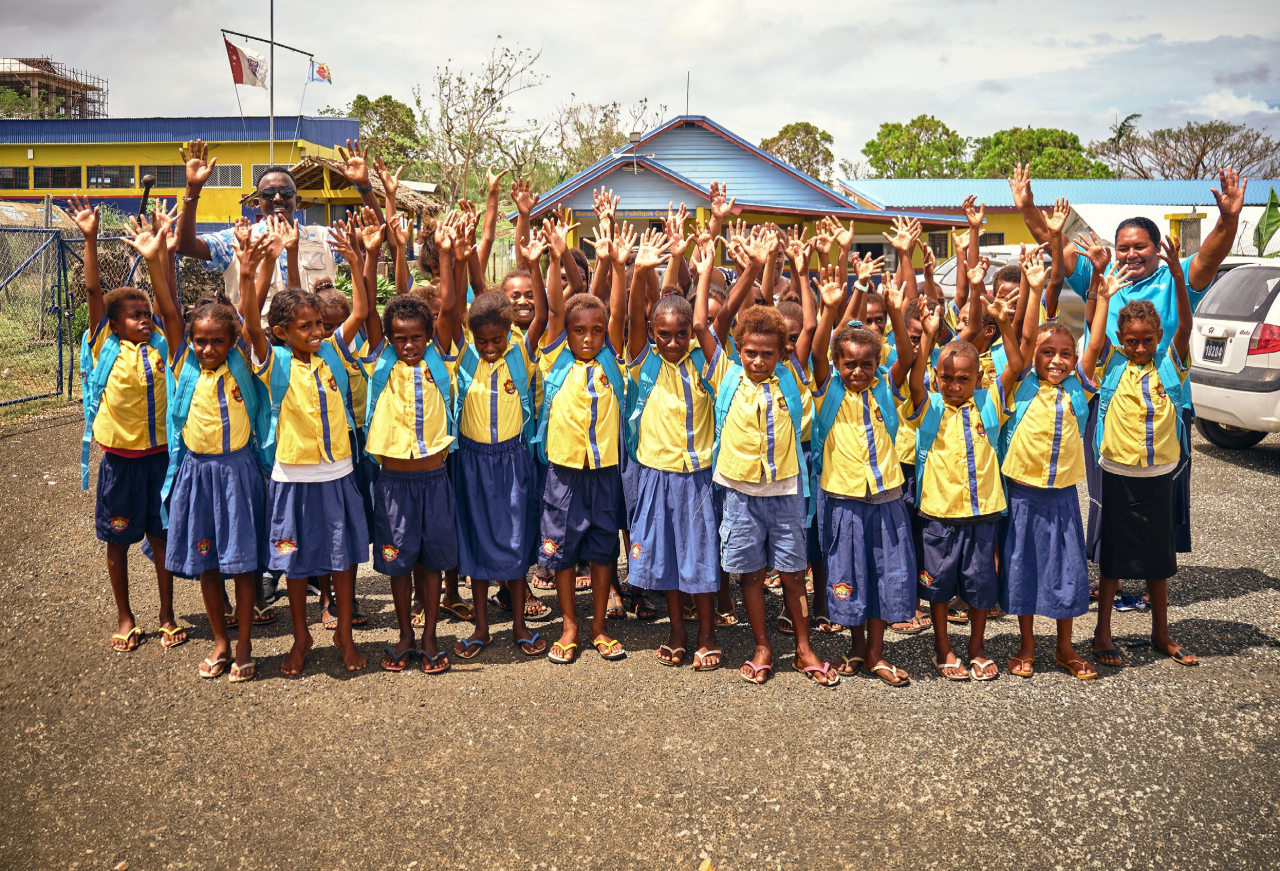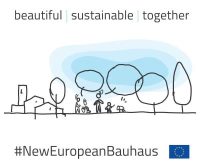Yet, he added, individuals in deprived communities often develop deficits from very early on, thus creating an intergenerational cycle of poverty and inequality.
Using examples from Jamaica, small towns in Colombia and urban slums in India, Professor Meghir showed that parent-based interventions (play groups or home visits by trained women from the local community) at early childhood have a positive impact on key outcomes among disadvantaged children such as cognition, language and social skills.
Such interventions mainly operate by encouraging parents to stimulate their children and invest more on them. Prof. Meghir’s research focuses on how these programs may be scaled up to attain long run sustainable impacts on human capital.
Click here for the presentation.





